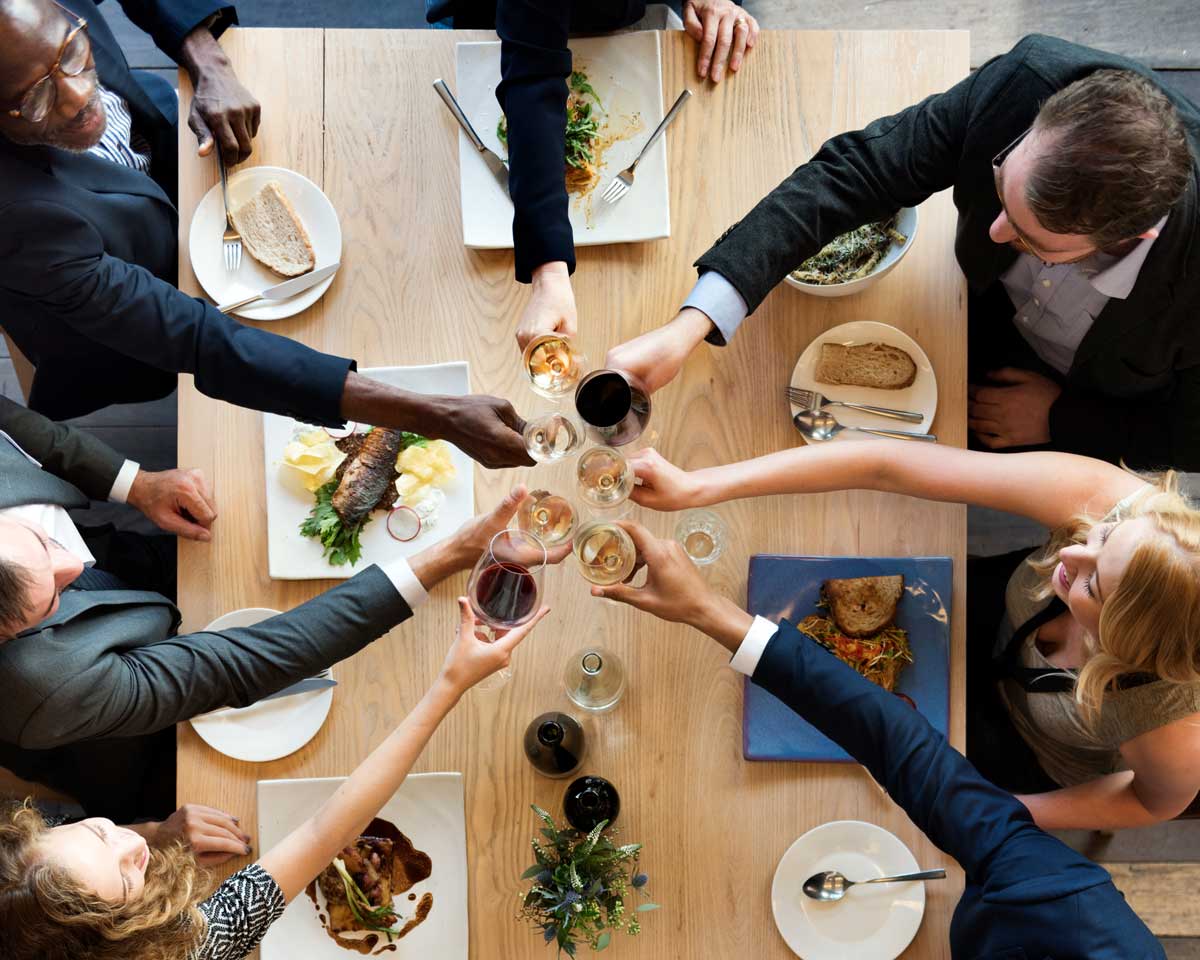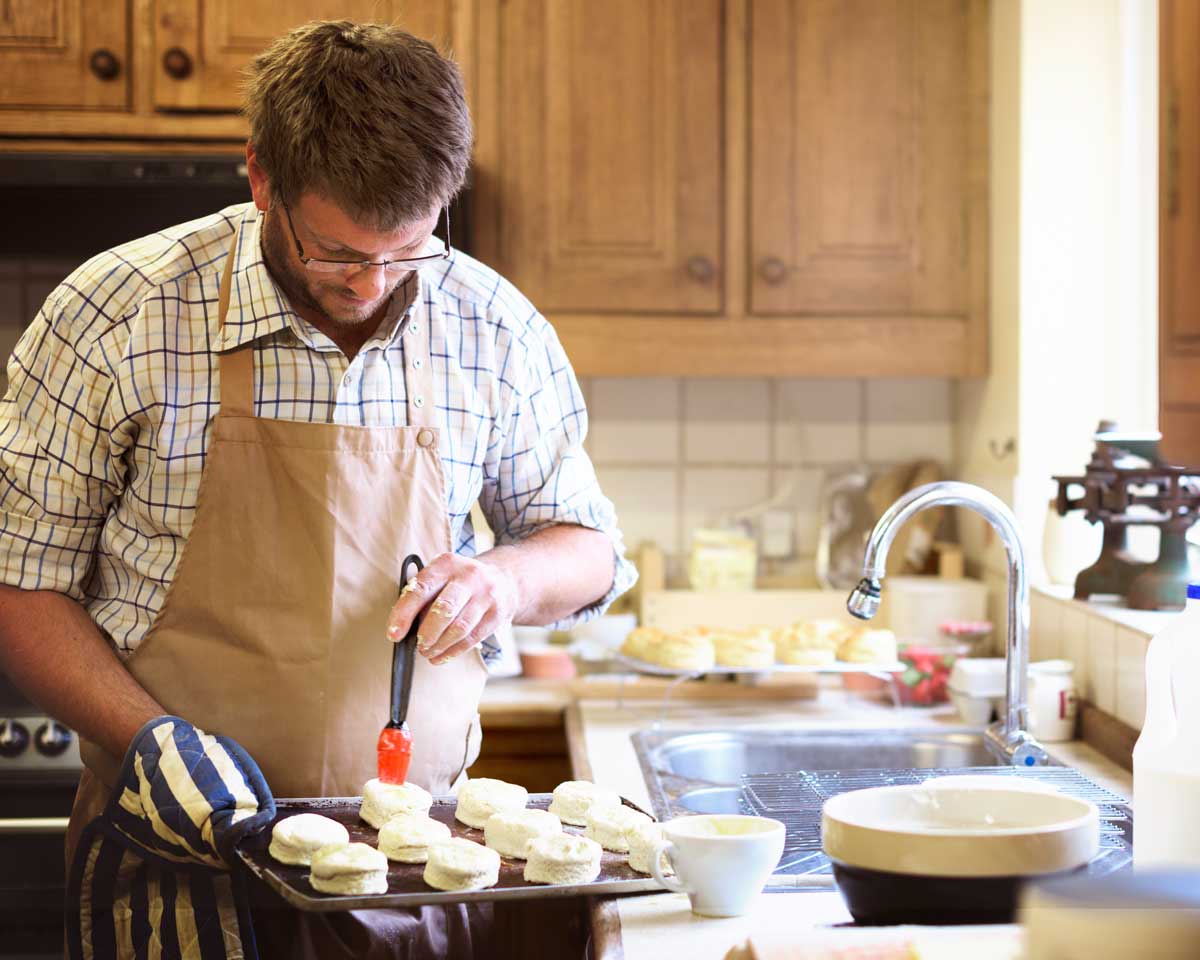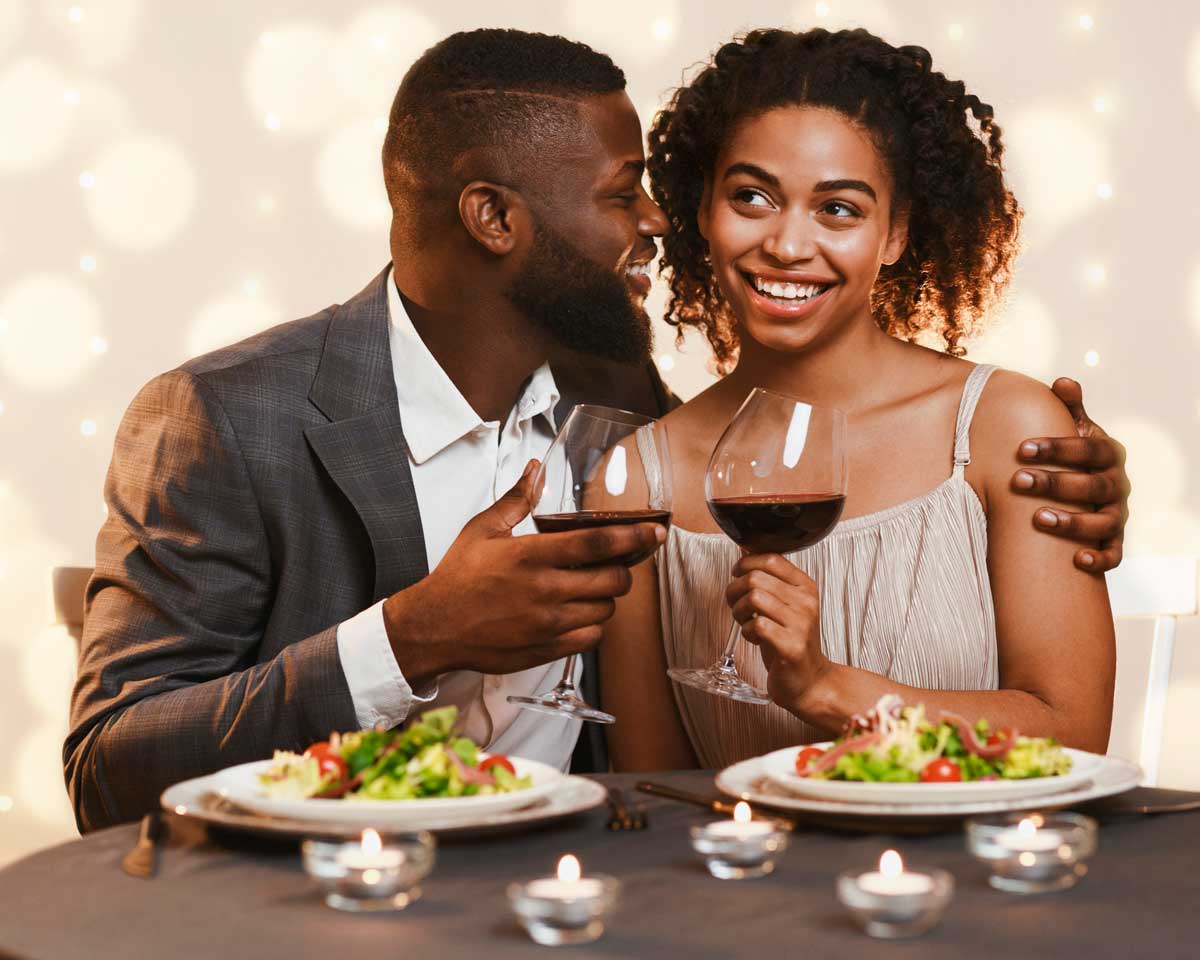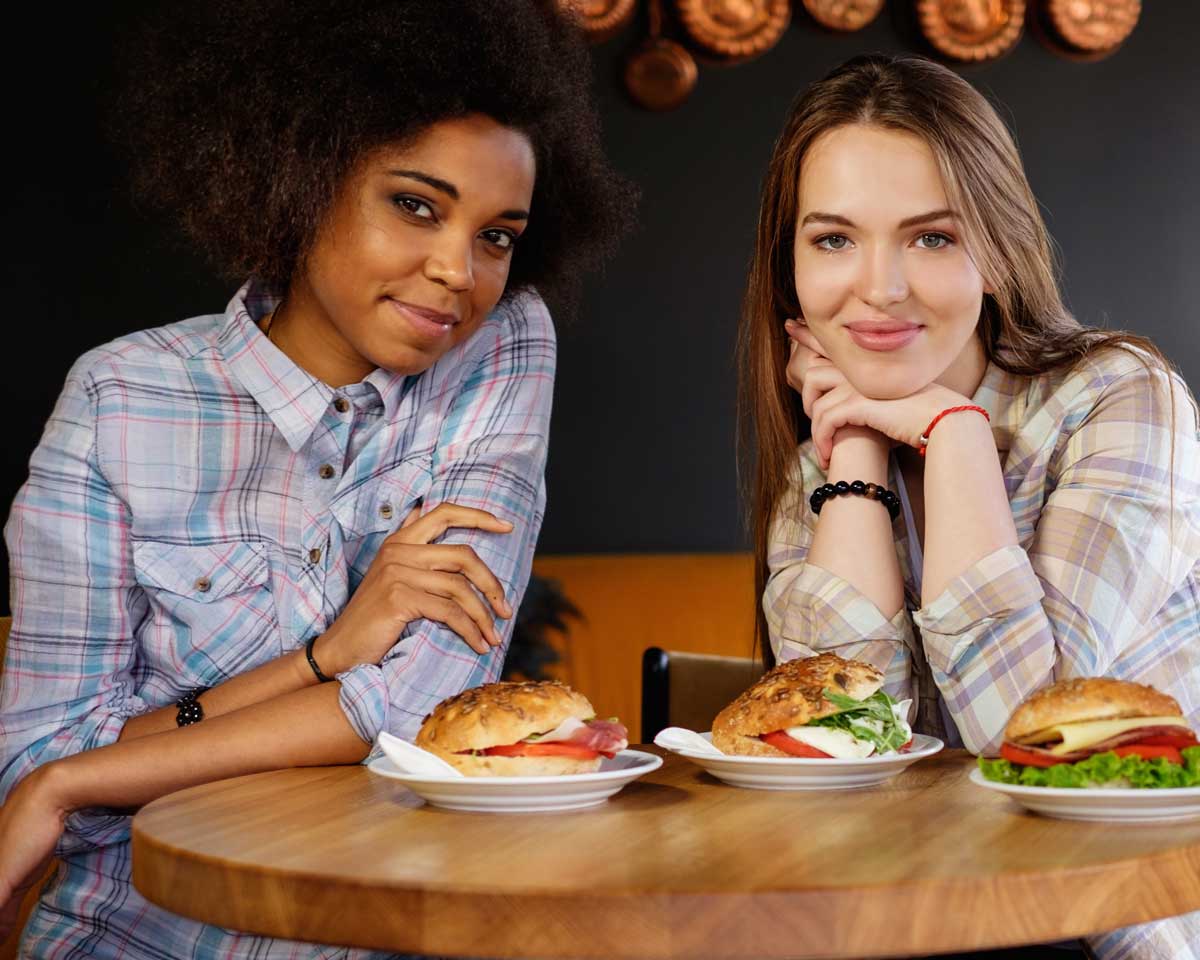We are in our fourth month of Lockdown. I am reflecting on the changing role of food in our lives, and the affect that the pandemic has had on that role
Food Before Lockdown

Of course we primarily need food to keep ourselves alive. We eat to have energy for our days. But we all know that at least for most of us, food is so much more than that. It is pleasure – often one that can be problematic as we over indulge and put on weight. It is a method of celebrating and sharing.
Food has a central role in all our rites of passage and in our more frequent celebrations. At births, marriages and funerals it plays an important role. And so at birthdays, graduations, parties and meeting up with friends. We cook for each other and share our food as we talk, laugh and spill out our stories and problems.
In our rich society most of us have enough food, and often too much. Food waste has become a problem by all in the food chain. From growers to distributors, manufacturers and the supermarket. And of course by us as we throw out what we have not had time or capacity to eat. Or we mull over whether we should eat past the use by date.
And that in itself is a scandal. What is more of a scandal is that this happens alongside the fact that many people do not have enough to eat and struggle to put food on the table. This is caused by a complex myriad of reasons that all boil down to insufficient cash. Food banks fill a gap and for their heroic efforts, society seems unable or unwilling to solve the problem.
And so the Coronavirus came along to disrupt everything
Shopping
At first people over-bought each time they shopped. Generally they were buying just one more of all the basics – pasta and flour. But this caused the shelves to stripped as the normal supermarket supply system – just in time – could no longer cope or keep up. And so for the first time in many of our lives we had to put up with not being able to get the food we desired – and had to make do. A valuable lesson for many of us who had taken our land of plenty for granted. A disaster for those who could not afford to buy more than they needed for a week so had to do without even more.
 Then we started going less regularly to the big supermarket once the 2 metre rule of social distancing was introduced and the queuing began. Instead people discovered the local shops – and the joy of the community shops in difficult times. More wonderful lessons. More trouble for those without resource as the prices are (understandably) higher
Then we started going less regularly to the big supermarket once the 2 metre rule of social distancing was introduced and the queuing began. Instead people discovered the local shops – and the joy of the community shops in difficult times. More wonderful lessons. More trouble for those without resource as the prices are (understandably) higher
And we learned to adapt and tolerate the lack of some products – and felt a real excitement when we ‘scored’ some flour, pasta or baking powder. We bought in bulk and shared. We offered to shop for our neighbours and enjoyed the gift of giving of our time and cooking and caring for others.
Shopping is no longer a chance to see what is new in the shop – seasonal vegetables, new type of ice cream. It is simply an exercise to get as much as you can that you had on your list as quickly as possible and as far away from everyone else as you can. A brief smile and chat with the checkout person and home to wash hands. You unload, wipe things down, wash hands again and feel some sense of satisfaction that you have the weeks supplies in once again.
Cooking

Cooking has taken on a whole new meaning. The nation is baking like it has never baked before! People discovered the therapeutic benefit of kneading dough. Cakes were made and shared – at a distance. Demand for flour in the supermarkets doubled – at a time when they were struggling to supply. This was not so much a shortage of flour but a shortage of flour in small bags. Much of the production of flour had been for commercial use and although demand for that had fallen it was diverting it into small bags that was the difficulty!
People tried out new recipes and put their creativity (and relief of boredom) into their next meal. And there was some joy to be had from these new found skills.
And yet many other people had to worry about how they could afford food. They planned and scrimped in order to begin to manage on their weekly money and were grateful for food parcels and charities
Some restaurants started cooking take out meals and ready meals for those self-isolating or shielding and working with charities to provide food for all. Ordinary people became self-effacing local heroes and people became grateful for their neighbours and found joy in the small acts of kindness. Food banks went into overdrive.
Mealtimes
In many households each meal time has taken on a new importance. In a day where you are ‘stuck’ at home each meal time offers a welcome distraction. From work, from boredom, from homeschooling the kids, from dealing with your frustration of lockdown. Whether you are cooking as well as eating or just enjoying the moments in time when you both satisfy your hunger and enjoy some food.
It may be time when you interact with your family. Or if alone you may use it to remember the time spent with friends and look forward to future shared meal. May be you even eat with someone else over the internet. But whatever it means to you it has for many an increased importance in the day. This when so many other daily rituals (commuting, meeting friends, shopping, going to the pub, sport) have disappeared.

Many people are having one night of the week – often Saturday – to be their ‘special’ night. They cook a more restaurant like meal, perhaps dress up, have wine and candles and make date night of it. As they can no longer go out to eat it helps to fill the gap.
Not Going Out
I miss going out to a cafe for coffee and cake and a good chat. Those discussions on endless topics of morality, religion, politics and everyday stuff. And I can’t wait until I do it again.

And yet will it ever be the same? I don’t want to be depressing but I am not sure I will go to a pub where I am monitored and have to be careful where I stand or sit. Or to a cafe where everyone is trying hard (rightly) to avoid one another. Will we get used to it? Will we ever be able to go back to how it was?
And will those celebrations – weddings, big birthdays etc ever be the same again. Will we be able to adapt to not having close human contact except with those closest to us in our lives?
We can but hope for a vaccine, a cure, a treatment and ideally all three. We can hope the virus will disappear. Or we can simply learn to live in this ‘new normal’
Your Thoughts
I would love to hear your thoughts and reflections in the comments section below.

I agree – don’t want to go to a pub or restaurant or cafe where I have to be careful who and what I touch.
Hate the thought that until a vaccine is found I can’t hug people, place a reassuring arm on someone who is upset or ill. I don’t want to be depressing either but just pray for a vaccine, cure and treatment. The saying – you never appreciate what you have till it’s gone is so true.
I think there will be many things (like hugging and even hand shaking) that we will appreciate so much more once we are allowed to do them again – or miss terribly if we are not.